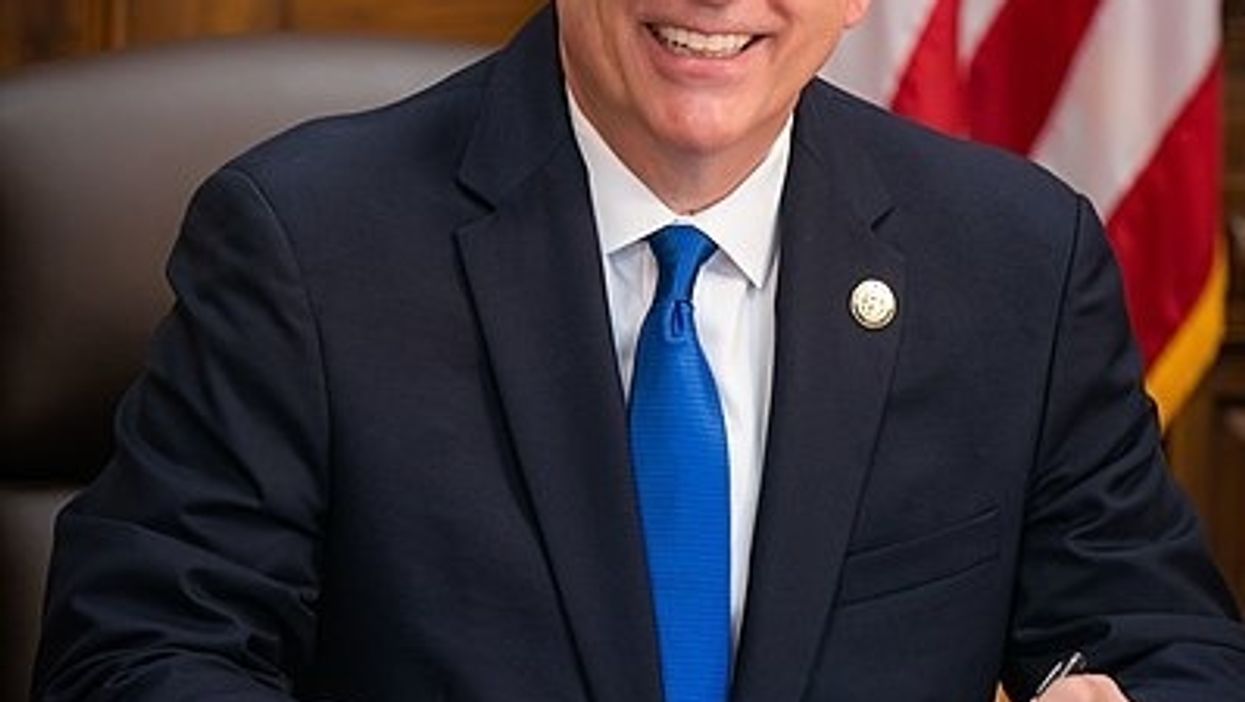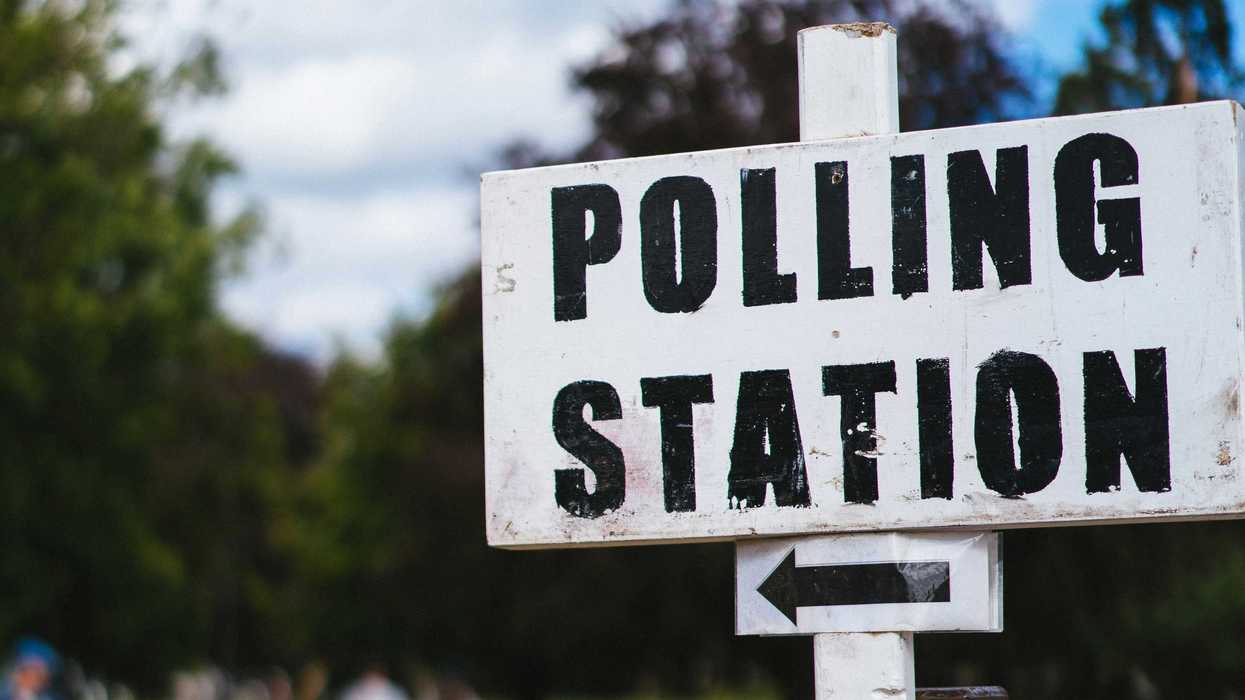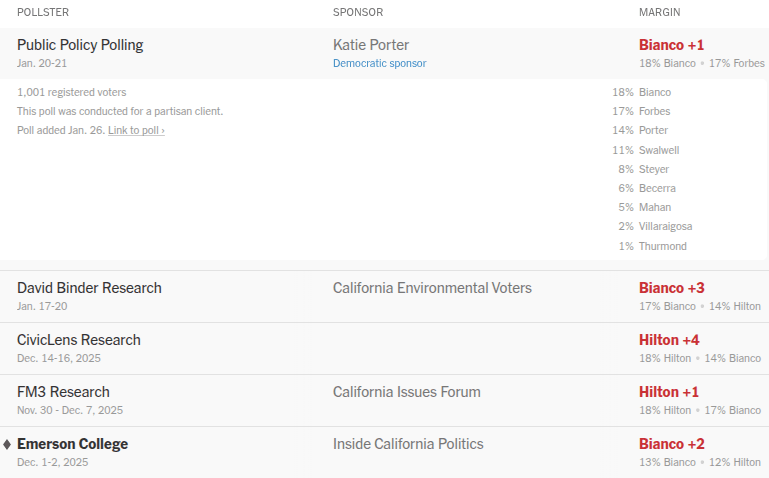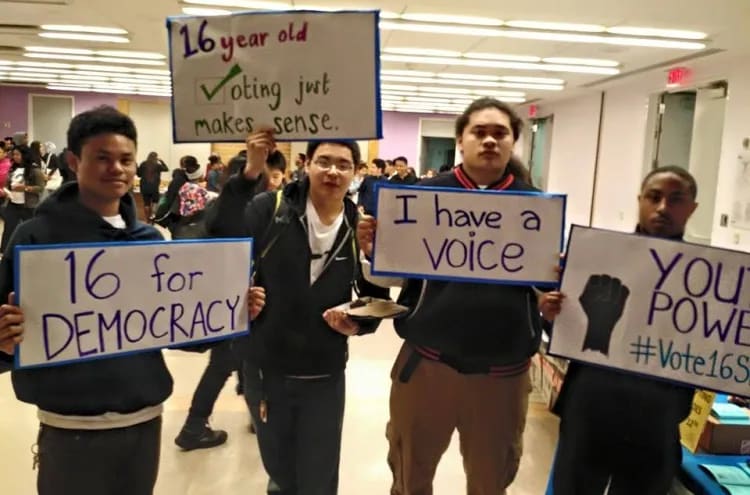Georgia's top elections official is asserting vindication from Washington for the state's conduct of last year's highly contentious election.
Brad Raffensperger said ample evidence from an exhaustive assessment of midterm contests nationwide by the Election Assistance Commission proves the 2018 contest was conducted on the up-and-up. Raffensperger was elected secretary of state in November to succeed fellow Republican Brian Kemp, who supervised the election that narrowly made him governor.
Democrats characterize Georgia's contest as soiled by a multifaceted effort at voter suppression by the GOP that they maintain was decisive in preventing Stacey Abrams from becoming the first black woman ever elected to a governorship.
"Liberal activists have been desperately trying to advance a false narrative of pervasive voter suppression which, as the EAVS report confirms, has no basis in reality," Raffensperger said. "While these activists peddle falsehoods — apparently as a springboard for higher office or to dupe donors into supporting their nonprofit — my office will continue to aggressively pursue initiatives like automated voter registration, which make Georgia a top state in the nation for voter registration and voter turnout."
The main evidence he cited from the EAC report was Georgia's status as the state with the biggest increase, in the previous two years, of people eligible to vote thanks to its adoption of automatic voter registration, in which people are added to the rolls (unless they ask not to be) any time they do business with the state's drivers license agency. According to the EAC, 3.6 million voters registered or updated their information this way in the two years ending last October, and one in five of them were new registrants.
The secretary of state also pointed to the federal report's conclusion that Georgia had rejected a significantly smaller percentage of absentee ballots for lacking the proper signature on an oath of authenticity. Last year just 7,500 were tossed out, or 3 percent of all absentee ballots, down from 18,000 two years earlier and almost 14,000 two years before that.
Finally, Raffensperger pointed to the federal agency's conclusion that 55 percent of all 21,600 provisional ballots cast in Georgia ended up getting included in the final tally, an increase from 45 percent of 17,000 provisional ballots two years earlier. The EAC said only 67 provisional ballots were counted last fall because of litigation.






















